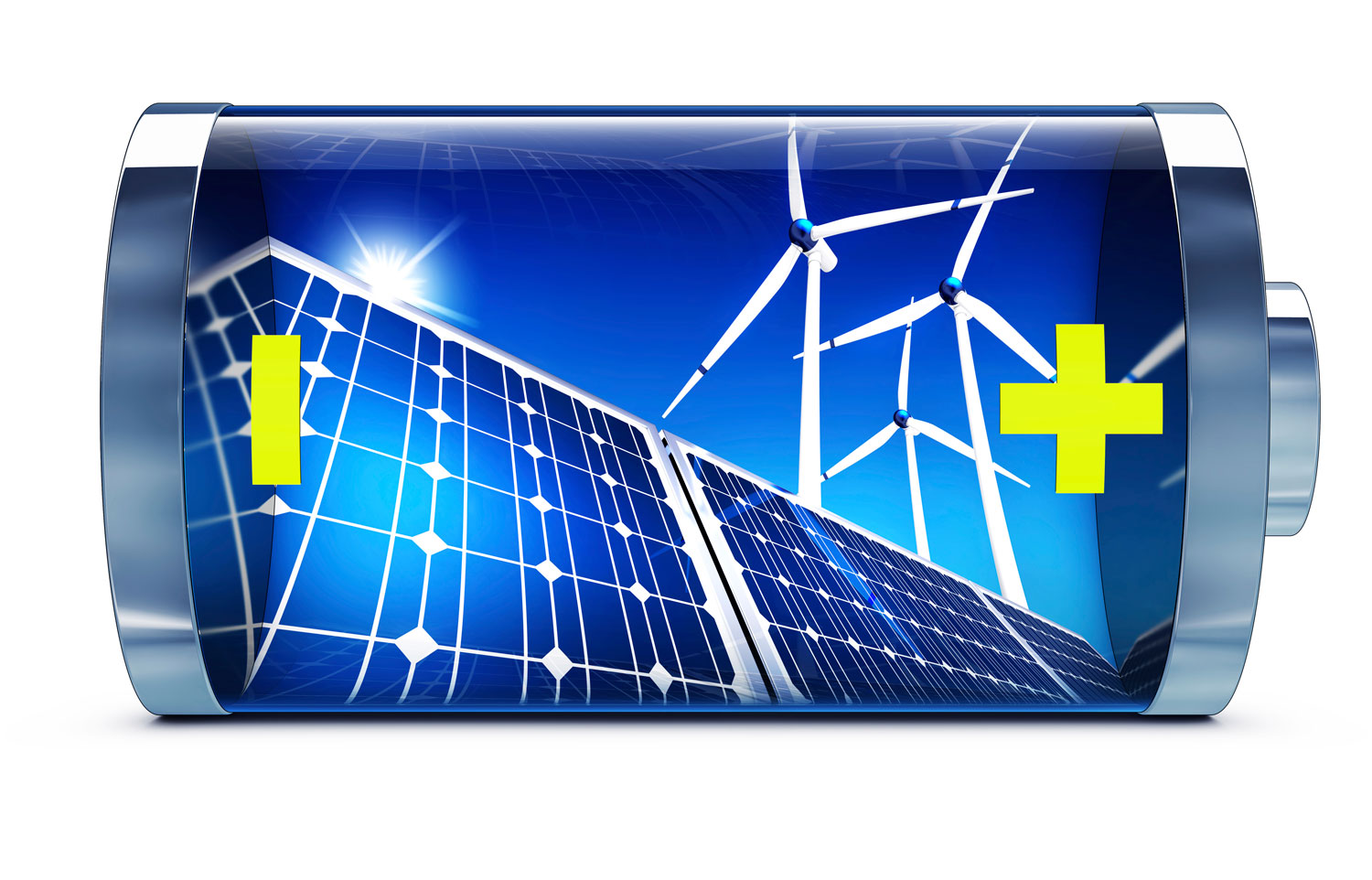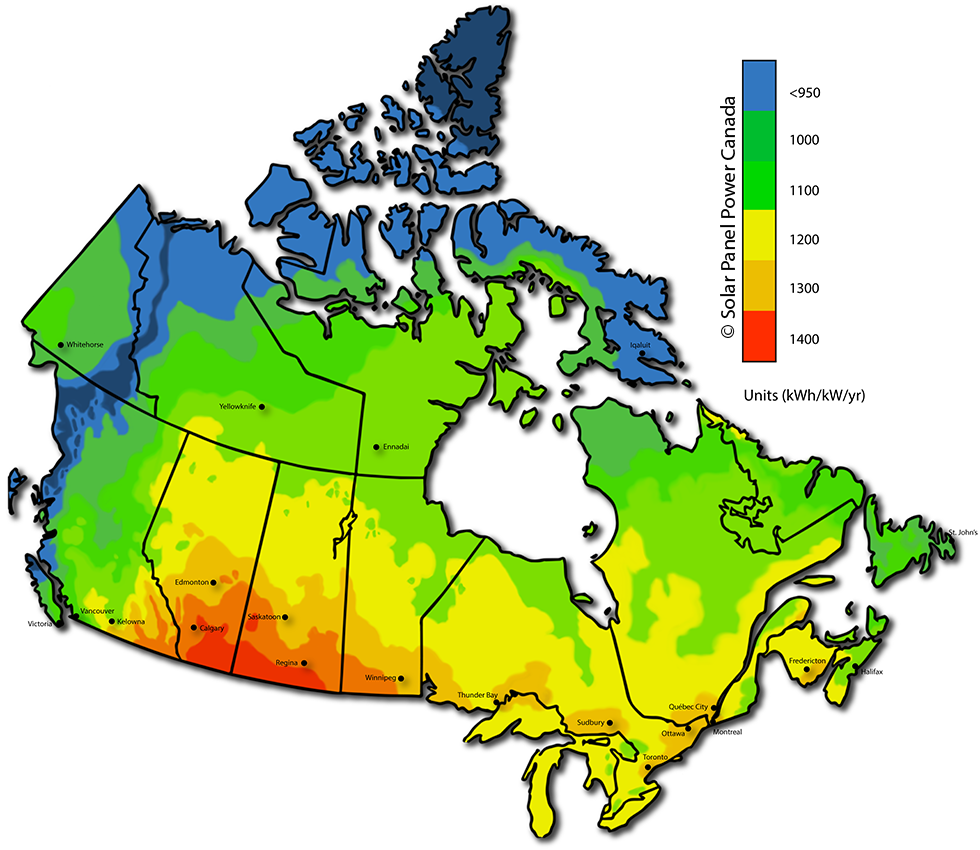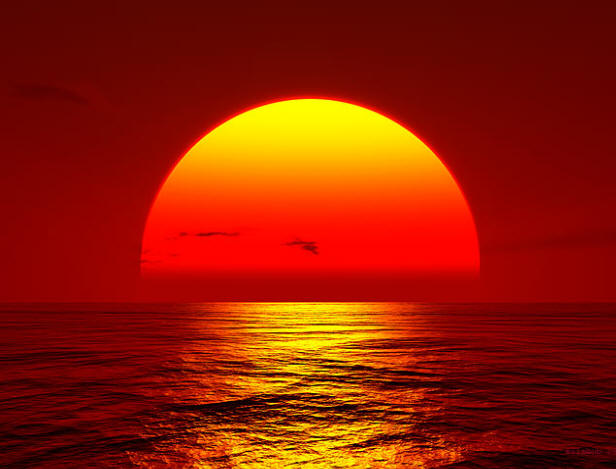Solar Water heater Tank Sizing
Citations

1Store Heat Recuperated by Evacuated Tube Solar Collectors during the sunny period of the day / week / month, to be used during the non sunny period of the same period.
2Some Canadian Cities Sunshine Hours from east to west.
| City | Annual Sunshine Hours |
|---|---|
| Calgary | 2396 |
| Edmonton | 2345 |
| Halifax | 1962 |
| Montreal | 2051 |
| Regina | 2318 |
| Saskatoon | 2268 |
| St-John's | 1633 |
| Sherbrooke | 1567 |

3The Central Southern part of Canada is the sunniest in both winter and summer time
INTRODUCTION
Properly sizing solar water storage tank is critical for the usability and the pay-ability of any solar water heating system. It comes directly after Vacuum Tube Solar collectors selection and positioning (For Solar collectors selection and installation, please refer to this blog post).
Too big or too small solar water storage tank is the optimal recipe for failure: Unreliability and longer than expected payback period.
Over Sizing Solar Water Heater Tank will increase the time required to heat the fluid contained in the tank to a usable temperature. This can make short time sun exposure (especially in winter) almost useless.
The opposite is also true, Under Sizing solar water storage tank undermines the purpose of solar thermal storage (1), which might force some home owner to throw excess heat (that can't be absorbed by the relatively smaller water tank), especially in summer.
WHAT'S GOOD ABOUT SOLAR ENERGY AND WHAT'S NOT

Heat Radiated by the sun is the most abundant source of energy on earth, it's available for free and converting it to other forms of energy such as hot fluid of electricity has never been cheaper than before. Some places on earth have 4000 hours of yearly sun exposure (such as Arizona and Egypt) and other places have only 1500 hours of yearly sun exposure (such as St-John's in Newfoundland, Vancouver in British Colombia or Sherbrooke in Quebec). In colder climates sun hours are more frequent in summer (when it's less needed) and less available in winter (when it's mostly needed).
This is the case of most major Canadian Cities from east to west coast, making a properly sized thermal energy storage tank a necessity for storing captured heat when heating demand is relatively low and using it later on when heating demand is relatively high. Thermal Heat Storage in this case has two purposes: The first is to eliminate any wasted heat (by storing excess heat) and the second is to be able to use already stored excess heat in the absence of panels' sun exposure.
As an example, an over-sized solar water heater tank that only allow a water temperature increase of less than 10⁰F is simply useless.
SOLAR HEAT INTENSITY IS LOCATION DEPENDENT
Sun's thermal intensity isn't the same everywhere in Canada (3). Solar insolation is at its peak in the southern part of Alberta, Manitoba and Saskatchewan as seen in Canada's solar radiation map.
Higher Solar Radiations intensity, expressed in Watt by Square Meter of Solar Collector, requires more thermal storage volume. Consequently less Solar Radiations Intensity require less thermal storage volume.
It's highly recommended for solar designer or installer to avoid using universal rules of thumb (Like 2 US Gallons of Thermal Storage Volume for every 1 Square Foot of Vacuum Tubes Solar Water Heating Collector). What's good for Calgary might not be good for Sherbrooke or St-John's and vice versa.
CALCULATING SOLAR WATER STORAGE TANK
Calculating Solar Water Thermal Storage Tank Volume will be done using the second law of thermodynamics. This Simple Law States that Heat Collected by solar water heating collectors will be equal to the rate of change of storage tank's water internal energy divided by the Sunshine exposure time.
Water Density (Kg/m³) x Water Volume (m³) x ΔU (KJ/Kg) / Δt (Second) = Solar Heat (KW = KJ/second).
Water ΔU (KJ/Kg) = 4.18 (T2 - T1) (°C).
The above formulas are tabulated for both winter and summer time assuming the followings:
| City | Average Winter 6 Hours Sunshine (Watt/m²) | Storage Tank Water Winter Temperature (°C) - T2 After 4 Hours of Sunshine | Average Summer 8 Hours Sunshine (Watt/m²) | Storage Tank Water Summer Temperature (°C) - T2 After 8 Hours of Sunshine | Required Storage Volume by Collector's Gross Area (US Gal./ft²) |
|---|---|---|---|---|---|
| Edmonton | 671.29 | 41.59 | 854.89 | 75 | 1.05 |
| Calgary | 723.45 | 43.09 | 861.56 | 75 | 1.06 |
| Vancouver | 719.09 | 43.97 | 824.93 | 75 | 1.02 |
| Halifax | 827.62 | 48.56 | 796.8 | 75 | 0.98 |
| St-John's | 744.39 | 45.93 | 788.91 | 75 | 0.97 |
| Montreal | 667.239 | 54.84 | 526.57 | 75 | 0.65 |
| Toronto | 593.433 | 54.24 | 476.57 | 75 | 0.59 |
| Sherbrooke | 662.355 | 54.39 | 514.58 | 75 | 0.63 |
| Ottawa | 635.926 | 54.85 | 501.7 | 75 | 0.62 |
| Quebec City | 784.08 | 47.18 | 793.05 | 75 | 0.98 |
| Regina | 659.86 | 41.40 | 847.77 | 75 | 1.04 |
| Winnipeg | 770.091 | 48.58 | 740.945 | 75 | 0.91 |
CONCLUSION
Solar Thermal Storage Volume by unit area of solar water heater collectors varies from Canadian City to another. it can be as low as 0.59 US Gal./ft² to as high as 1.06 US Gal./ft² which might have a big impact on the cost of your solar water heating project. The Storage Tank represent a third of your total material cost and is the central piece that connects your solar water heating installation to the rest of your house or building.
N.B: The above table was prepared based on the above mentioned assumptions. Changing one of the assumptions will make the above tabulated results obsolete from a technical standpoint. For further details please contact our technical team or simply call +1 (888) 686 7652.
What Is the Difference Between Solar Radiation and Thermal Energy?
Can You Run a Tankless Water Heater on Solar?
How to Heat a Swimming Pool with Solar Panels
How to double the lifespan of geothermal wells with solar thermal?
This blog presents a recipe for extending the lifespan of closed loop geothermal wells beyond 15-25 years, by injecting excess heat generated by solar thermal panels during the summer season.
Solar Thermal System: A Comprehensive Guide for High-Efficiency Heating
Solar Water Heating Systems Cost in the USA and Canada — A Complete Guide by Hydro Solar
Solar and Air to Water Heat Pump Combination
Investing in renewable energy technologies like solar systems and air-to-water heat pumps (AWHPs) can significantly enhance energy efficiency—but it often comes with high upfront costs. That’s why it's essential to carefully assess the benefits, limitations, and return on investment (ROI)...........
Solar Thermal Certification in Canada
After the suspension of CSA-F378 and F379 certification program by the Canadian Federal Government, Vacuum Tube Solar Collectors Manufacturer, Vendors and Distributors are left in confusion and turned to the US for certification....!










The matchless message, is very interesting to me :)
Hello Brent, i have just sent you a private message. Vacuum tubes combined with the proper thermal storage can provide you with the heat you need. kindly give us a call or fill this form (https://hydrosolar.ca/pages/solar-domestic-water-heater-sizing-request) and will be more than happy to help you with your project
Hello I am searching for a company to install solar heating system in my house currently I am heating the basement with hydronic heating, and I am using a propane boiler and glycol, the house has 2 hot water blower units it’s 1800 sq ft home that’s super insulated we are planning an addition to the house with a large attached garage, planning to install a motorized aluminum cover over the evacuated tube panels to prevent hail damage, plan would be to heat hot water needs as well and dump excess heat into a hot tub or maybe a pool, we have a 11 kw solar array set up on trackers, glycol storage is 2 by 110 gallon each solar aid tanks, I need someone to complete the solar system the house is under Reno’s and I’ve saved a spot for access to the roof to basement tanks.
I’ve spoke to some solar companies but they seem to want me to go another route and claim solar water heating isn’t all that great, but I am not convinced and believe I could heat the house all winter saving my solar power for my electric vehicles.
Just wondering if this could be used as a pool heater and what I would need to do so if it is possible?